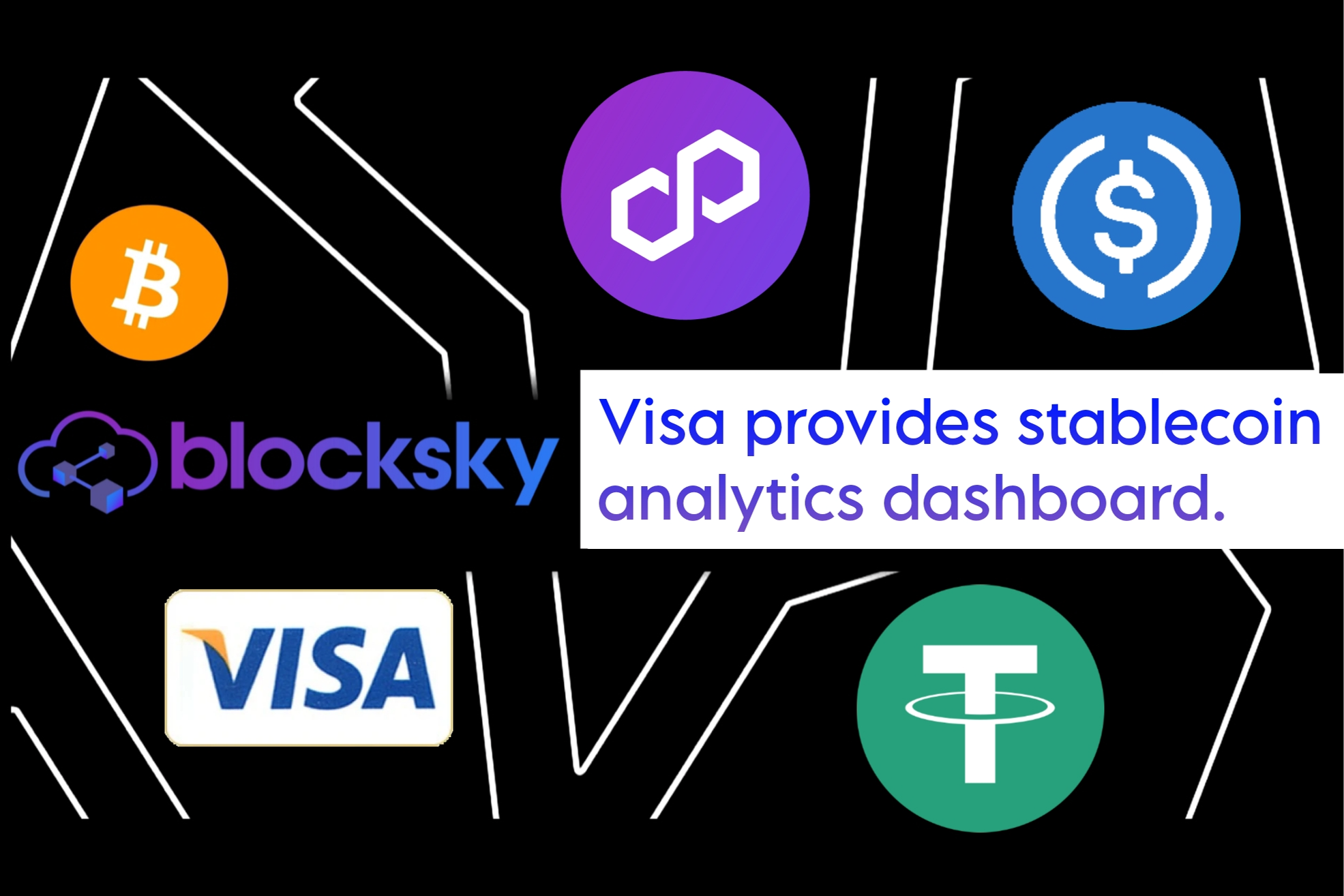2024-04-26

Visa has recently launched a new website in partnership with Allium Labs, dedicated to the analysis of stablecoins.
This move is aimed at providing valuable insights into the growing popularity and adoption of stablecoins in the cryptocurrency market.
Cuy Sheffield, Visa's head of crypto, Explained the motivation behind this initiative in a blog post.
In his post, Sheffield highlighted a widely circulated graphic that demonstrates how stablecoin volumes have surpassed those of PayPal and are rapidly approaching Visa's transaction levels.
However, he acknowledged that the data is not entirely accurate due to the presence of bots.
These bots play a crucial role in various cryptocurrency activities such as arbitrage, liquidity provision, and market making.
Nonetheless, these activities differ from conventional settlement transactions, making it unfair to compare them directly.
By excluding bot activity, the 30-day transaction volumes decrease significantly from $2.65 trillion to $265 billion.
Despite this adjustment, the number of active stablecoin users has consistently grown to reach 27.5 million.
It is important to note that these statistics only consider on-chain volume, overlooking the fact that the majority of cryptocurrency transactions occur on exchanges.
Tether, a widely favored settlement stablecoin, dominates these exchange transactions.
Such transactions are primarily recorded within the exchanges' own records, with occasional on-chain transactions.
While not advocating for Tether, Visa's statistics underestimate the actual volumes of Tether (including exchanges) and suggest that USDC represents a larger proportion of transactions than it truly does.
The question arises as to why Visa is publishing these analytics.
In January, there was speculation about Visa launching its own stablecoin. However, given that Visa is not a direct-to-consumer company, it is unlikely to pursue this option.
Nevertheless, Visa may explore the possibility of introducing a stablecoin issuance and multi-chain management solution similar to Japan's Progmat Coin.
Additionally, Visa's recent launch of a web3 loyalty solution and active involvement in tokenized deposits indicate its potential to offer a wallet or other related services.
On the front of public blockchains, Visa is supportive of payments to web3 merchants using stablecoins, specifically USDC, if they utilize Worldpay or Nuvei as payment processors.
This demonstrates Visa's commitment to embracing the evolving landscape of digital currencies and exploring opportunities to facilitate seamless transactions in the web3 ecosystem.